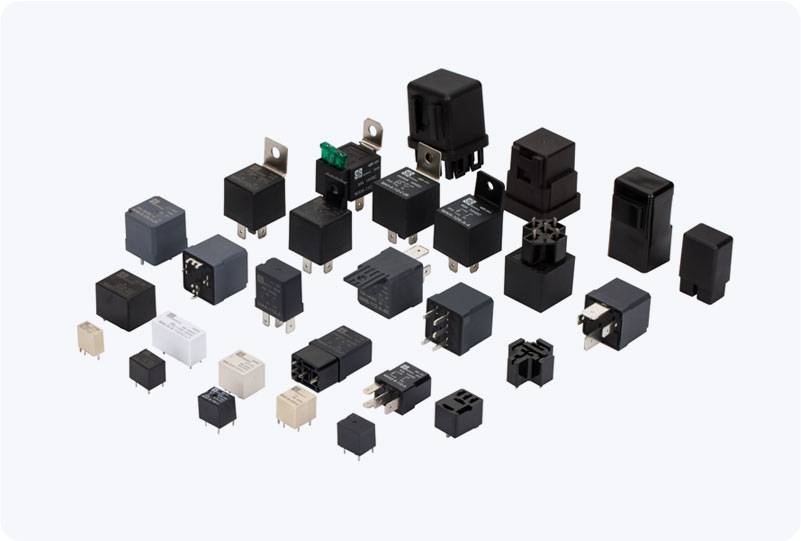understanding ac motor relay: essential component for motor control and protection
Release time:2025-07-19 06:13:40
An AC Motor Relay is a critical component in electrical systems that manage and protect AC motors, which are widely used in various industrial and household applications. The primary function of the AC motor relay is to control the operation of the motor, ensuring it runs smoothly, efficiently, and without damage. This article delves into the working principles, applications, types, and importance of AC Motor Relays in motor control systems.

What is an AC Motor Relay?
An AC motor relay is an electrically operated switch that controls the starting, stopping, and protection of an AC motor. It functions by opening and closing contacts in an electrical circuit, depending on the control signal it receives. By doing so, it ensures that the motor operates under safe conditions and prevents damage due to faults like overloads or short circuits.
Working Principle of AC Motor Relay
The core mechanism behind an AC motor relay lies in electromagnetism. When the relay coil is energized, it generates a magnetic field that attracts or repels an armature, thus closing or opening contacts. This switching action either establishes or breaks the circuit supplying power to the motor, depending on whether the motor is in operation or needs to be stopped. Additionally, relays can be designed to activate when certain parameters, such as current or voltage, exceed predefined thresholds.

